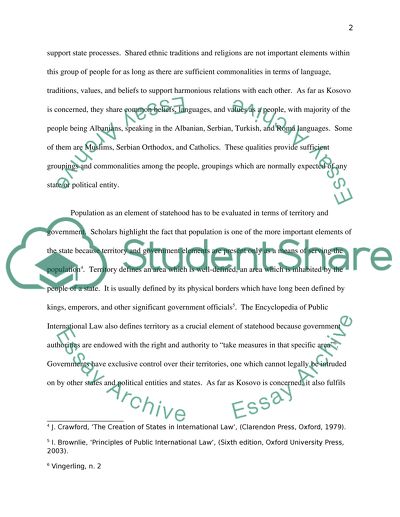Cite this document
(“Public international law Essay Example | Topics and Well Written Essays - 3750 words”, n.d.)
Retrieved from https://studentshare.org/law/1393957-public-international-law
Retrieved from https://studentshare.org/law/1393957-public-international-law
(Public International Law Essay Example | Topics and Well Written Essays - 3750 Words)
https://studentshare.org/law/1393957-public-international-law.
https://studentshare.org/law/1393957-public-international-law.
“Public International Law Essay Example | Topics and Well Written Essays - 3750 Words”, n.d. https://studentshare.org/law/1393957-public-international-law.


